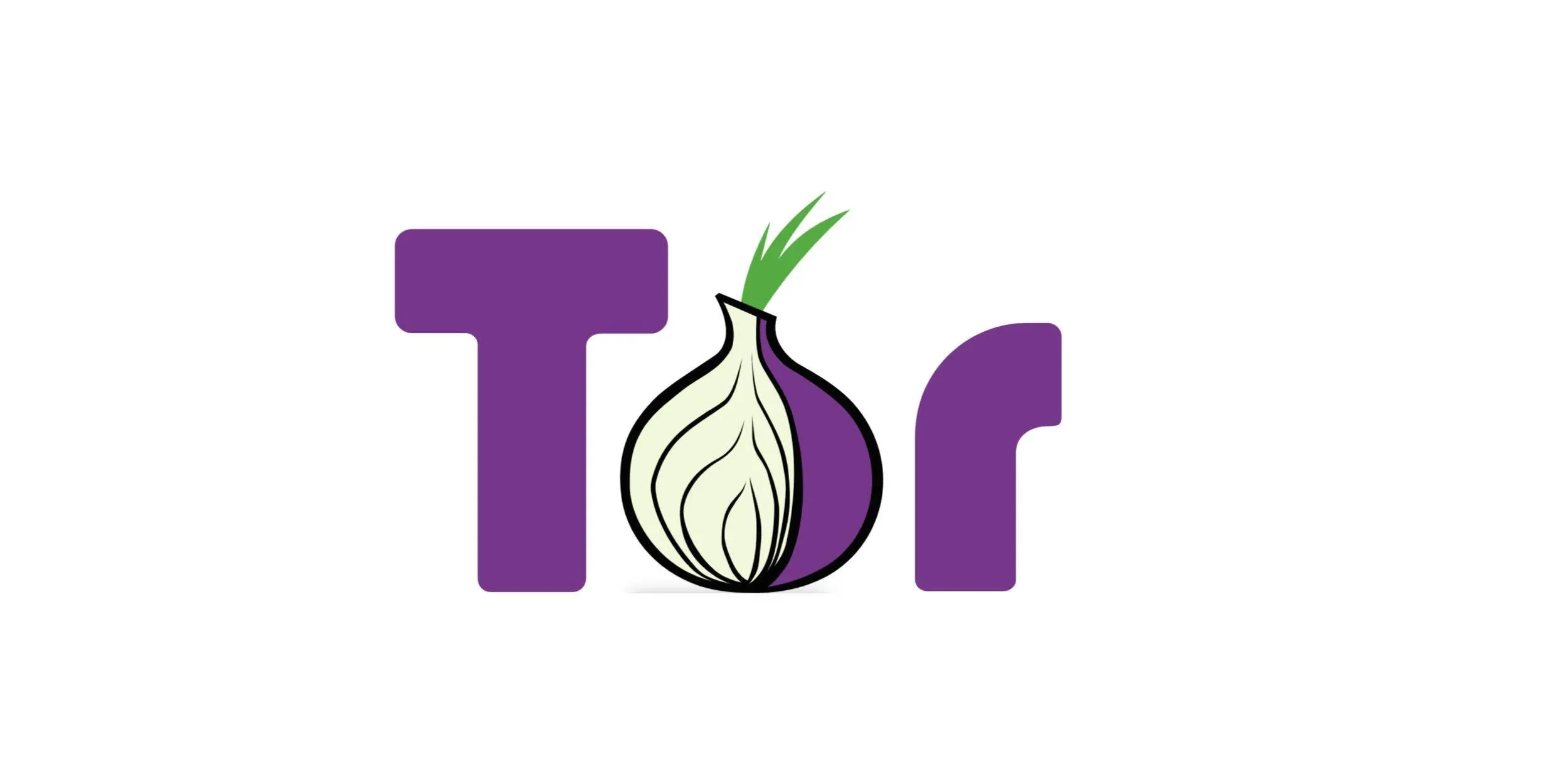Unveiling the Depths of Tor Hidden Services: A Comprehensive Overview
In the dynamic landscape of online anonymity and privacy, Tor Hidden Services, commonly known as .onion sites, emerge as a fascinating facet. These services offer a clandestine network within the Tor ecosystem, allowing the hosting of websites and services while ensuring the anonymity of both users and providers. Delve deeper with us as we explore their diverse use cases, advantages, and potential drawbacks.
Unraveling Use Cases
- Anonymity and Privacy
At the core of Tor Hidden Services lies the promise of safeguarding identities. By leveraging the Tor network, users can access .onion websites without revealing their IP addresses, thereby shielding themselves from surveillance or tracking attempts.
- Censorship Resistance
In regions where internet censorship prevails, Tor Hidden Services become a beacon of freedom. These sites evade traditional search engine indexing, making them harder to block. This resilience empowers individuals to access information and express themselves freely, circumventing oppressive regimes’ censorship efforts.
- Whistleblowing and Secure Communications
The realm of Tor Hidden Services hosts platforms like SecureDrop, championing secure and anonymous submissions of sensitive information. Journalists and sources can interact without fear of retribution, ensuring the safe dissemination of crucial data.
- Confidential Interactions
Within the secure enclave of the Tor network, private forums, encrypted chat services, and underground marketplaces flourish. Here, users engage in confidential conversations or transactions, shielded by layers of encryption and anonymity.
Embracing Advantages
- Anonymity Fortification
The robust encryption and intricate routing of Tor Hidden Services serve as a bulwark, safeguarding the identities of both service providers and users. This anonymity forms the cornerstone of the network’s appeal.
- Enhanced Security Measures
End-to-end encryption and an architecture designed to thwart traffic analysis bolster the security of .onion services This fortified security infrastructure offers a heightened level of protection compared to the conventional internet.
- Accessibility and Liberated Expression
By sidestepping censorship barriers, Tor Hidden Services foster an environment conducive to free expression and information sharing. Access to restricted content amplifies the voices of those marginalized by restrictive internet policies.
Delving into Disadvantages
- Lagging Connection Speeds
The intricate encryption and routing mechanisms inherent in Tor Hidden Services often translate to slower connection speeds. This trade-off between security and speed remains a notable drawback for users seeking seamless browsing experiences.
- Potential for Unlawful Activities
While anonymity serves as a shield, it also creates a refuge for illicit activities. Law enforcement faces challenges in monitoring and regulating such activities within the depths of the .onion network.
- Reliability and Trust Issues
The decentralized nature of Tor Hidden Services leads to a varied landscape of trustworthiness. Users encounter a spectrum of sites, ranging from authentic and legitimate services to fraudulent or malicious entities, necessitating cautious navigation.
Conclusion
Tor Hidden Services remain a testament to the ongoing quest for online privacy and liberation. Their significance transcends mere technological innovation, embodying the principles of anonymity, freedom of expression, and resistance against surveillance.
However, their full potential can only be harnessed through a collective commitment to responsible usage. As we navigate this complex terrain, let us strive for a harmonious balance a digital realm where anonymity coexists with accountability, and freedom flourishes within ethical boundaries.

